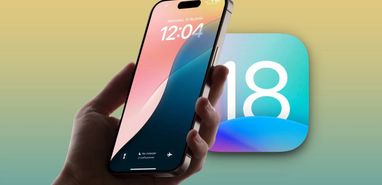
Apple’s latest public release of iOS 18 brings a wealth of changes, but one tweak not explicitly mentioned is the improvement in battery life due to the CPU operating at a delayed boost frequency. As a result, this modification might make it seem like iOS 18 has negatively impacted iPhone performance, as evidenced by the slightly lower Geekbench 6 single-core and multi-core scores compared to iOS 17.
Geekbench 6 Performance Slightly Reduced but Battery Life Enhanced with iOS 18
According to renowned reviewer Geekerwan, who is known for his in-depth breakdowns of tech products, iOS 18 introduces a small delay in reaching the CPU’s boost frequency when compared to iOS 17. This delay affects high-performance cores like those in the A17 Pro and A16 Bionic chips found in the iPhone 15 Pro and iPhone 14 Pro Max. As a result, these chips now take just a bit longer to reach their peak speeds.
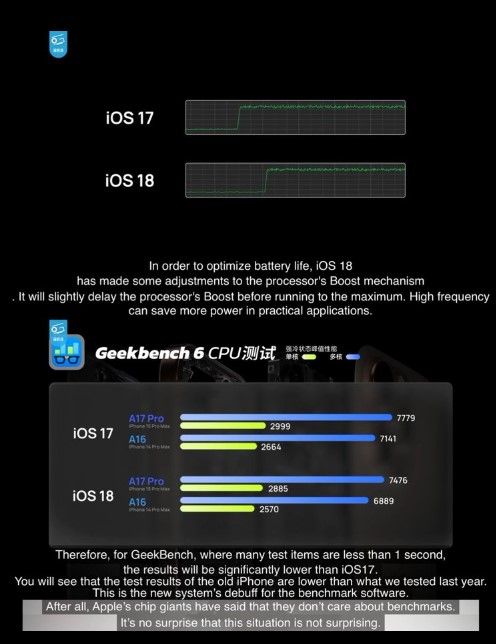
The decision to implement this CPU behavior shift is aimed at extending battery life, though it comes at the expense of slightly lower Geekbench 6 scores for both single-core and multi-core tests.
Comparing iOS 17 to iOS 18 Geekbench Results
For instance, with iOS 17 installed, the iPhone 15 Pro Max managed a single-core score of 2,999 and a multi-core score of 7,779. However, with iOS 18, these figures drop slightly to 2,885 for single-core and 7,476 for multi-core. Despite these differences, it’s unlikely users will notice any real-world performance decline due to the CPU frequency delay. Instead, iOS 18 is expected to provide users with better battery longevity.
Users Gain Battery Life But Lose Geekbench 6 Bragging Rights
Ultimately, while iPhone users will enjoy longer battery life with iOS 18, they might not achieve the same high Geekbench scores they were accustomed to seeing with iOS 17. Although performance bragging rights might take a hit, the trade-off for improved battery performance is likely worth it for most users.

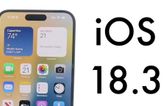


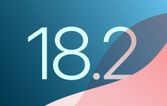

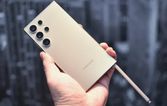
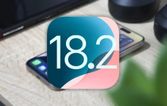
By Andrej Kovacevic
Updated on 9th March 2025